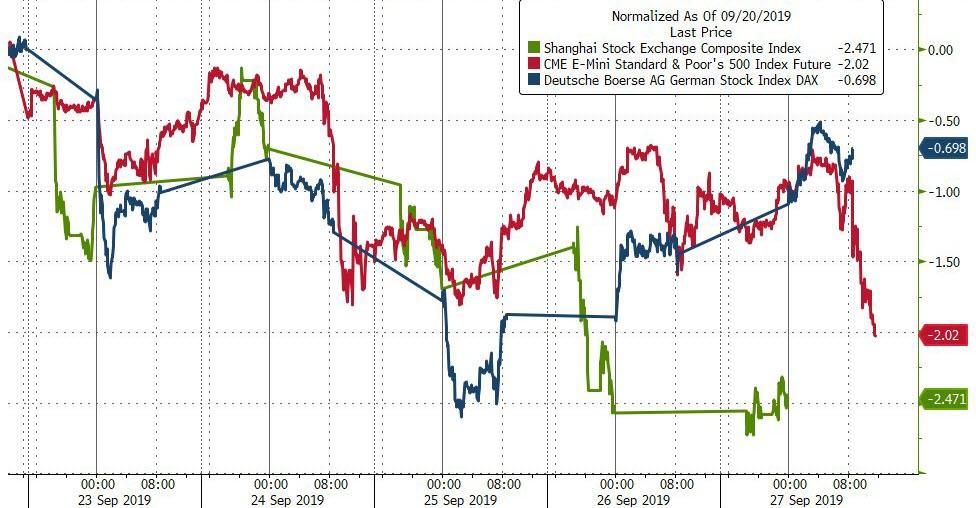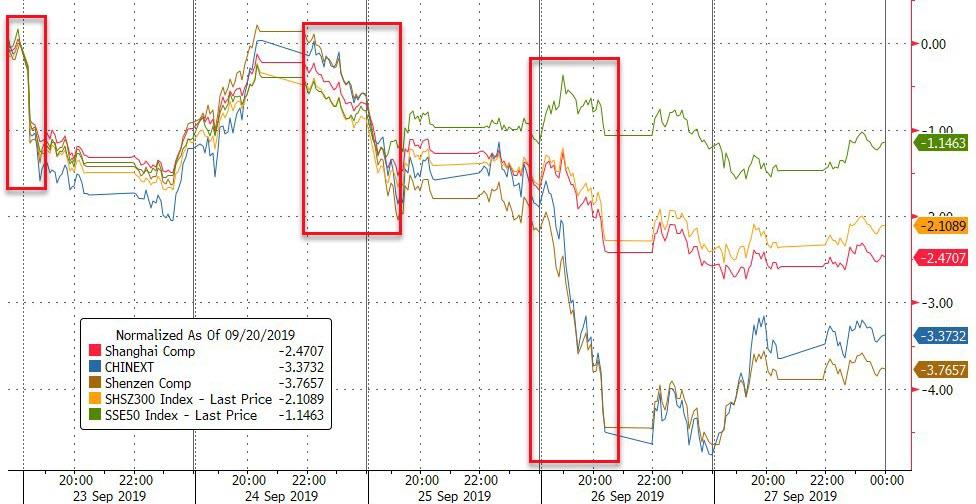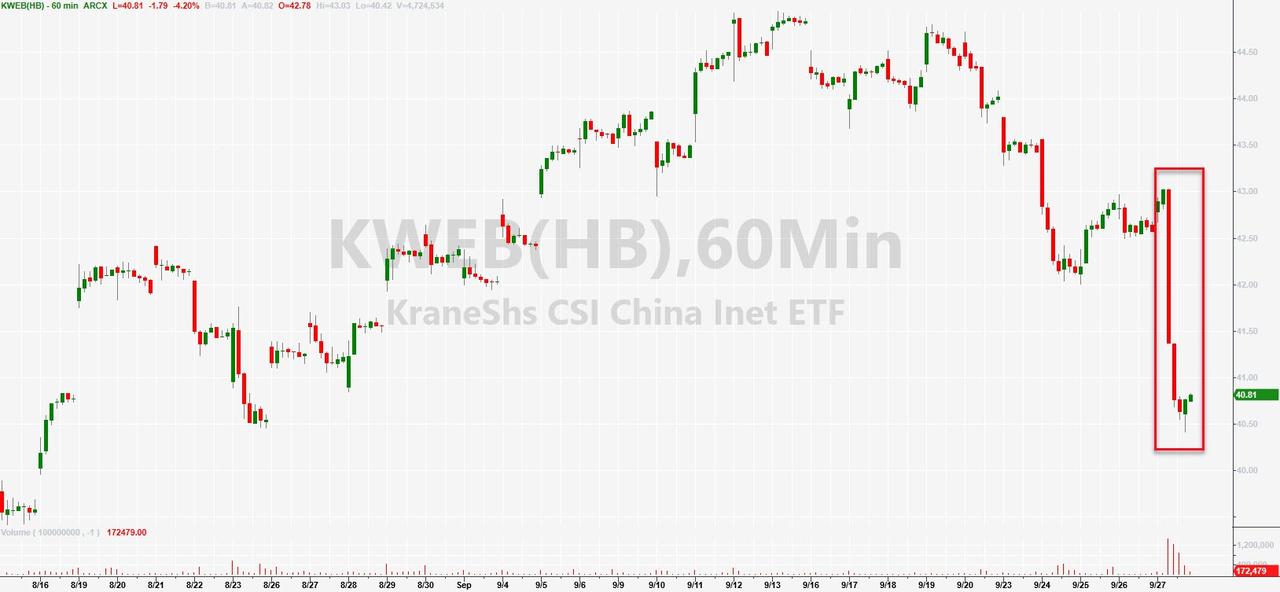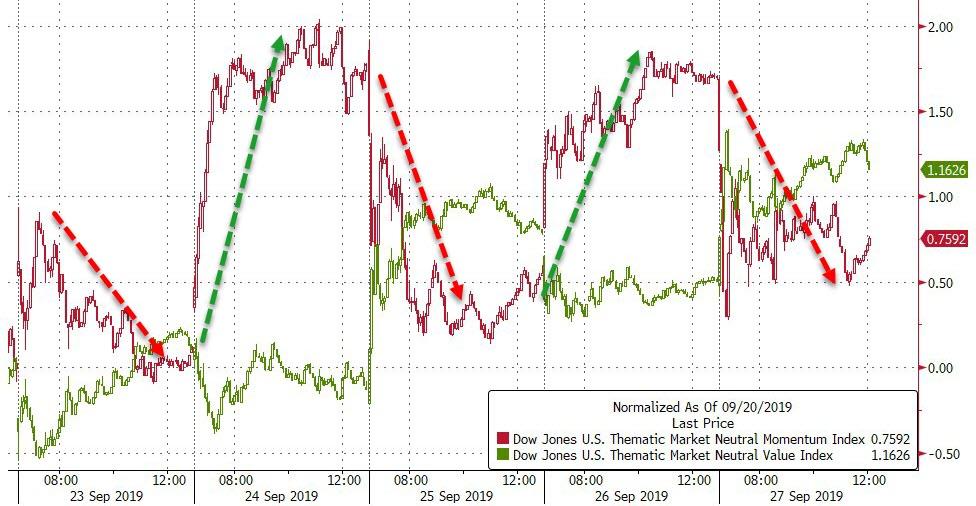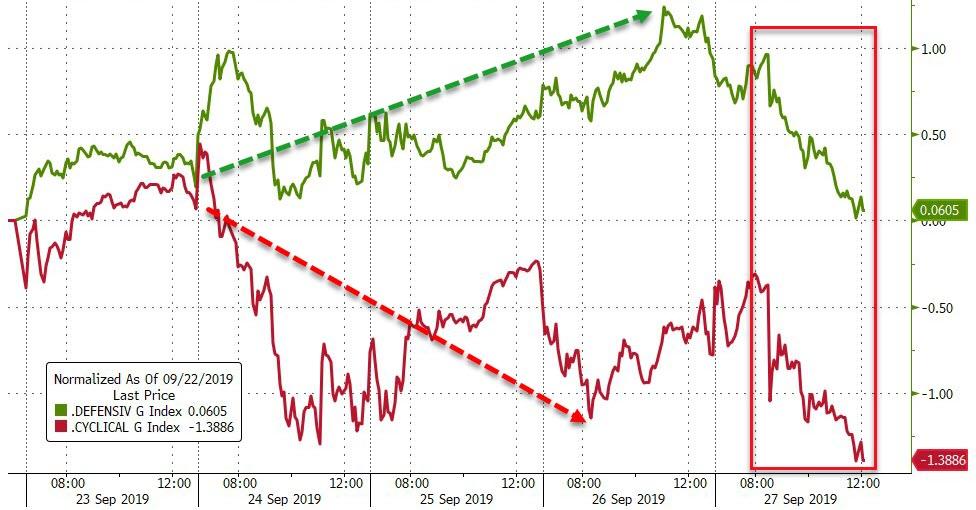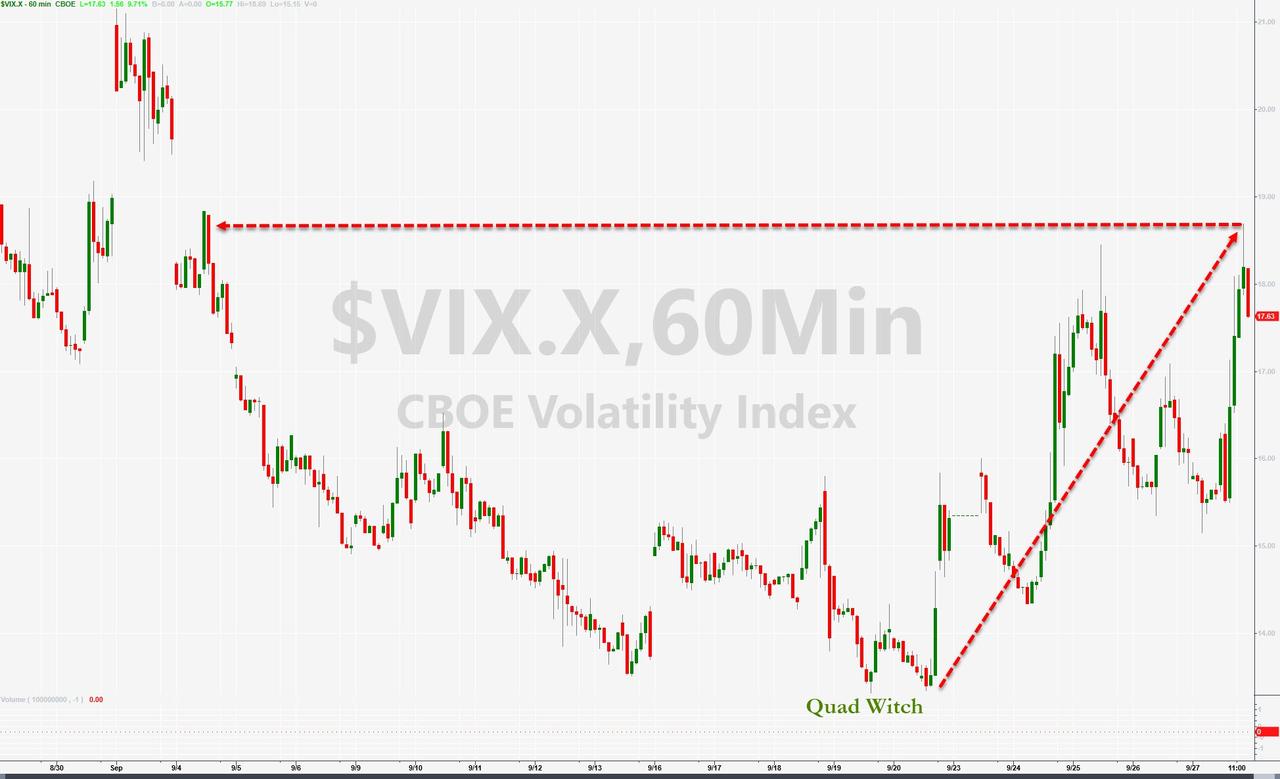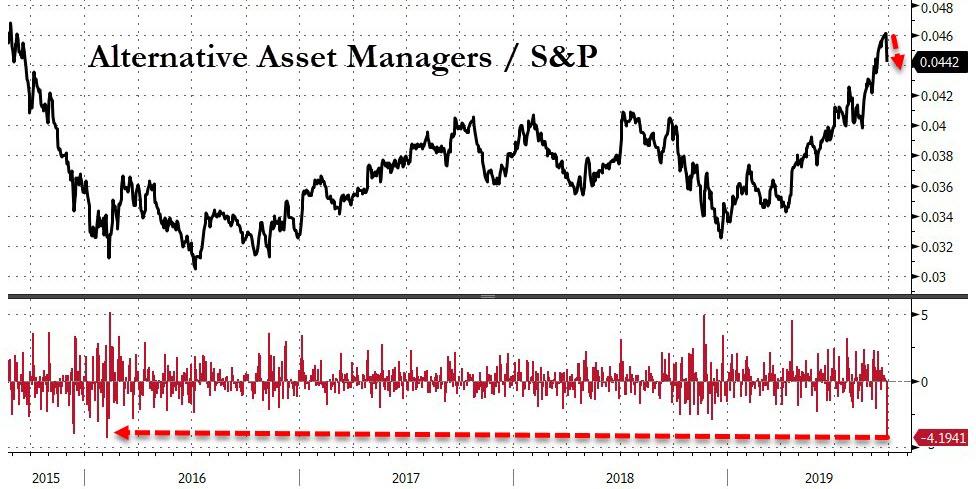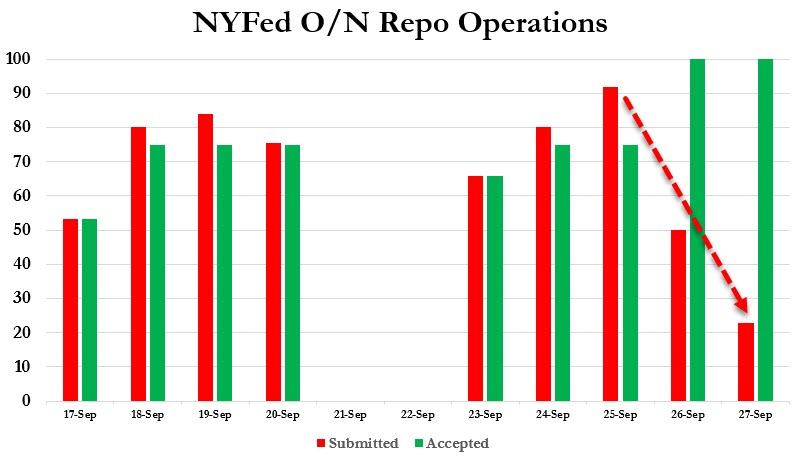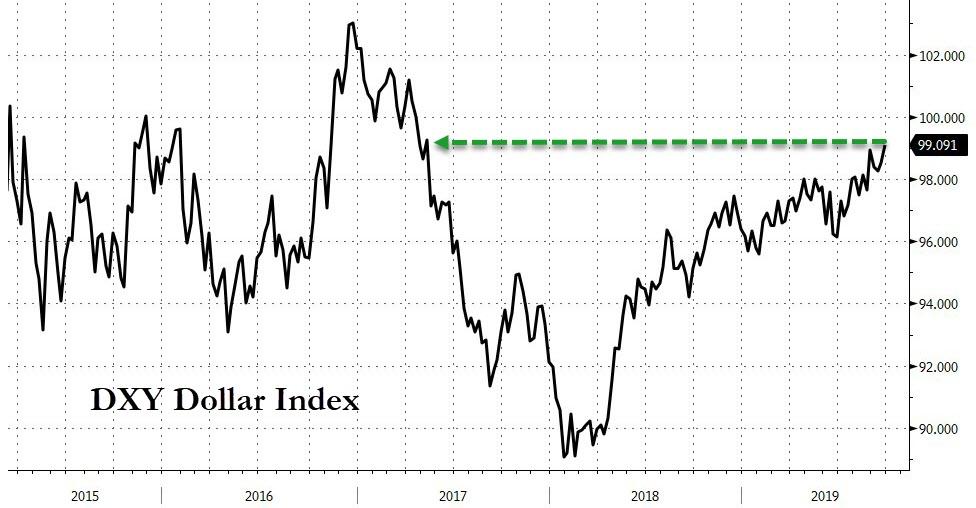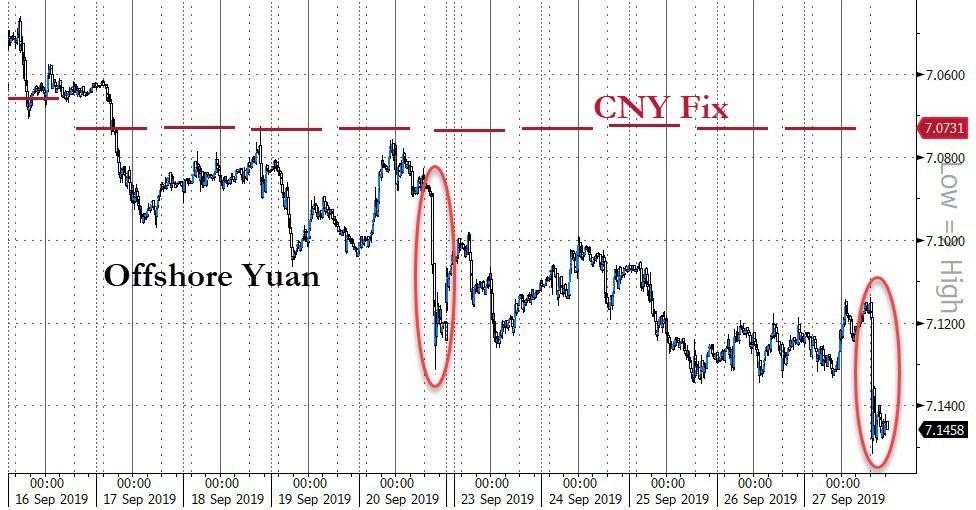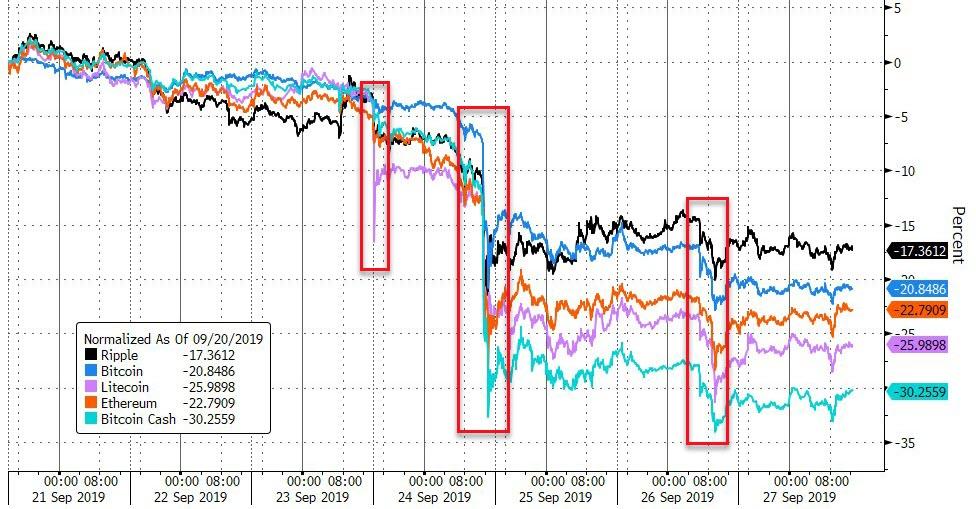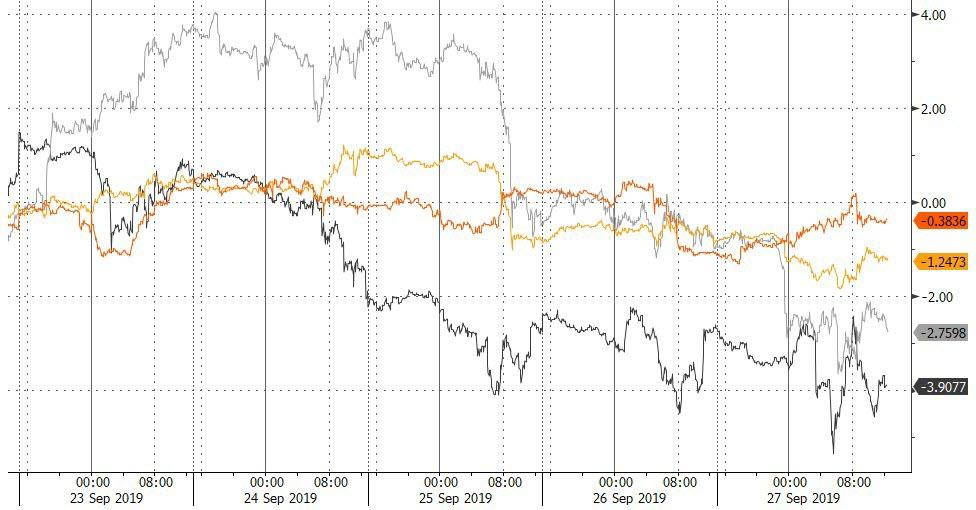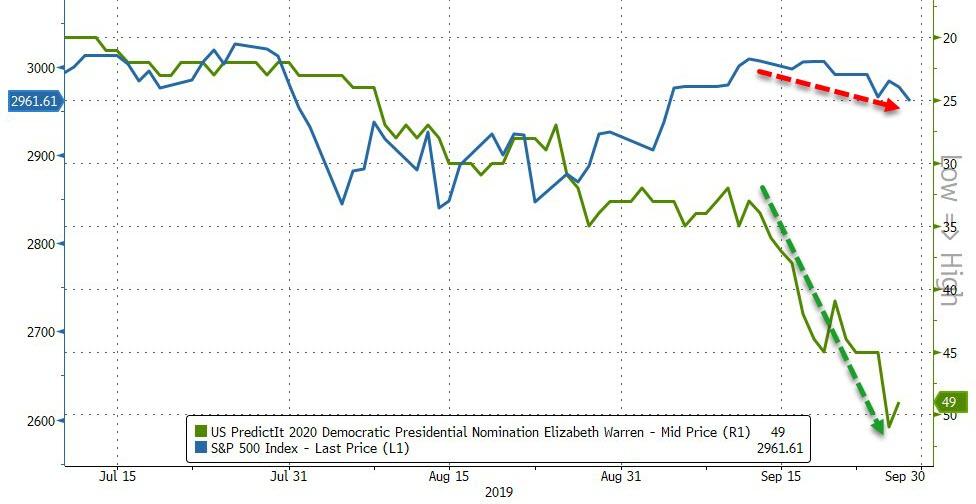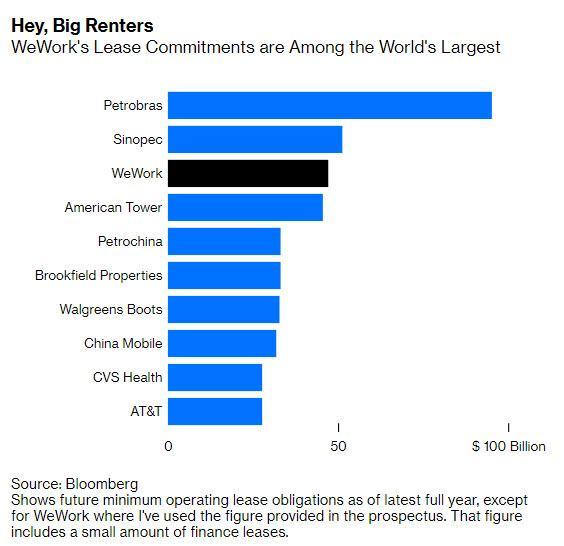The prison staff carted the books away in late January, removing more than 200 titles from a small library inside the Danville Correctional Center in Illinois.
The library was part of the Education Justice Project (EJP), a college education program for inmates run by the University of Illinois. The prison removed the books without notice; Rebecca Ginsburg, director of the program, says it took weeks to get an answer about why the library had been pillaged. She was eventually told that prison officials had decided the books hadn’t gone through the proper review process. Emails obtained through public records requests later revealed that they had been concerned about “racially motivated” materials in the library.
According to Ginsburg, the removal followed months of increased scrutiny that included rejecting books from the proposed curriculum for the upcoming semester. Among the rejected or removed titles: W.E.B. Du Bois’s The Souls of Black Folks, the autobiography of Frederick Douglass, and Booker T. Washington’s Up From Slavery.
“At one point they actually threatened to throw away the books that they had confiscated, over 200 books,” Ginsburg says. “I’m a professor, so to me books are this magical thing, and to talk about throwing books away…it was extraordinary.”
The censorship drew national headlines and brought embarrassing attention to the state prison system. The Illinois Department of Corrections has since revised its literature policies, although the books taken from EJP were never returned.
The incident at Danville was just one of several stories about prison censorship to make the national news this year, and only a small example of the unmitigated power of prison censors across the country, according to a new report released this week by PEN America.
The report details how U.S. prisons arbitrarily apply book bans in the name of institutional security. Texas, for example, bans The Color Purple but not Mein Kampf. Michelle Alexander’s The New Jim Crow was banned in prisons in North Carolina, Florida, Michigan, and New Jersey, although those bans were reversed after they received media attention. A New York prison tried to ban a book of maps of the moon, claiming it presented an escape risk.
The PEN America report concludes that prison book censorship policies across the country “are almost uniformly overbroad, arbitrary, under-examined, under-challenged, and maximally restrictive well past the point of reason.”
Other state prison systems have tried to ban donations of used books to inmates, citing flimsy concerns over contraband. And publications that report aggressively on the criminal justice system, such as Reason, are often impounded by prison censors. Prison Legal News, a vital source of legal information for inmates, is completely banned in Florida prisons.
“We see over and over again that it’s disproportionately books by or about people of color, books that are critical of the criminal justice system, and books that advocate minority or controversial political or social views,” says David Fathi, director of the American Civil Liberties Union (ACLU) national prison project. “This is the kind of content-based and viewpoint-based censorship that is most inimical to First Amendment values.”
The result is that the hardest place to read about the U.S. criminal justice system—the subject of bestselling books, a glut of podcasts, and prestige television shows and documentaries—is from inside the U.S. criminal justice system.
For example, earlier this year the Arizona’s Department of Corrections (ADOC) banned Paul Butler’s Chokehold: Policing Black Men, a nonfiction book about race and policing. The ACLU sent a demand letter arguing the ban violated the First Amendment. The ACLU was preparing to litigate when the ADOC relented and reversed the ban in June.
In April, the ACLU sent a letter to the Chatham County Sheriff in Georgia urging him to rescind a policy that banned almost all books except for the sparse few already on the jail’s book cart.
Maryland officials also briefly floated a proposal to severely limit from its prisons. They scrapped the idea after receiving a swift public backlash.
Last year, Pennsylvania and Washington both attempted to ban donations of used books to inmates. All books would have to be purchased through approved vendors, which often offer limited selections at high prices or require inmates to purchase electronic tablets. The prisons cited security concerns over contraband, but news investigations showed there was little actual evidence of smuggling via donated dictionaries.
Nonprofit groups like Books to Prisoners, which sends thousands of volumes a year to inmates who request them, say such policies have been getting more restrictive in recent years.
“Prison book programs have been having to deal with this for years and years and years, and it just seems to be getting worse since the end of 2017,” says Michelle Dillon, a board member of Books to Prisoners.
Dillon says Books to Prisoners spends about $70,000 a year sending packages of books to inmates, roughly $45,000 of which goes toward shipping costs. It doesn’t have the money or resources to keep track of shifting mailroom policies and book ban lists. (Kansas prisons, for example, banned 7,000 different titles until recently.)
“We just have to cross prisons off the list at some point and redirect our limited money towards those prisons where we can be assured that we’ll get in,” Dillon says. “It’s unfortunate of course for the people who are incarcerated in that state, because I know they want books, and we want to send them books. But oftentimes you just have to send a little note card back to say, ‘Hey, we’re sorry, but your facility does not allow our program.'”
For inmates, more than 95 percent of whom will be released at some point, books more than just a temporary mental escape from confinement.
“Those books tell people who are incarcerated not to give up,” Jarrett Adams, a formerly incarcerated civil rights attorney, told PEN America. “I would not be where I am today if it weren’t for having been able to read certain books that addressed systemic racism and mass incarceration.”
While what goes on behind prison walls may seem like a distant concern for people on the outside, Fathi says it is quite the opposite.
“Prisoners are the canary in the coal mine,” Fathi says. “When you look at how the government treats prisoners, you see what unchecked, arbitrary government power looks like. And it’s not pretty.”
from Latest – Reason.com https://ift.tt/2nkSSDC
via IFTTT
